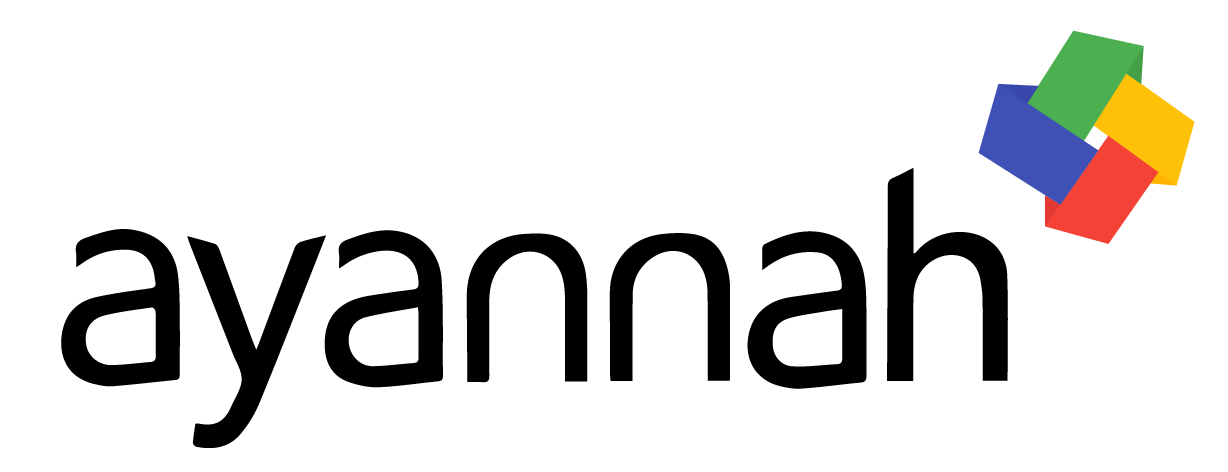Alternative Credit Scoring Providers In Southeast Asia You Have To Know
BY FINTECHNEWS SINGAPORE
Globally, almost 50% of adults have no access to banking-type services of any description. The lack of access to basic financial services has created major barriers for people to overcome poverty by making it almost impossible for individuals and businesses to borrow or save money.
This is where the real opportunity for financial technology lies. By leveraging new and mobile technologies, fintech companies can radically shift the economic foundation of impoverished regions by creating opportunities for the unbanked to obtain the basic services they need to improve their financial situation. And this includes access to credit.
By using substitutes to “traditional data,” fintech companies have developed new ways of assessing one’s creditworthiness, making it possible to extend credit to the financially excluded and access an unserved market while contributing to economic development.
In Southeast Asia in particular, where only 27% of the region’s 600 million people have a bank account, the potential of alternative credit scoring is enormous and several startups have already emerged to tap into this opportunity.
CredoLab (Singapore)
One such company is CredoLab, a Singapore-based risk management startup founded in 2016. CredoLab partners with lenders across Southeast Asia and integrates its digital scorecard into their existing credit scoring infrastructure.
With a mission to bring credit to the vast underbanked population in the region, CredoLab has developed a credit scoring mobile app, CredoApp, which evaluates over 50,000 data points from a client’s phone and produces a credit score in under two minutes.
CredoLab currently has ongoing operations in Singapore, Indonesia, Philippines, Malaysia, Thailand, Vietnam and Myanmar.
The company claims that phone data is “a startlingly precise” indicator in a client’s repayment behavior. This allows CredoLab to improve both the availability of credit to those with no banking history allowing a lender to reduce their cost of risk and increase their approval rate amongst other benefits
Lenddo (Singapore/Phlippines)
Another venture is Lenddo, a company founded in 2011 that has developed a credit scoring technology following four years of actual online lending experience.
Lenddo uses non-traditional data comprising social media and smartphone records to ascertain customers’ financial stability. The company partners with traditional and alternative lenders, who offer borrowers the opportunity to share their individual data in order to be assessed. Once customers opt in, Lenddo’s machine learning algorithms analyzes up to 12,000 variables for each application to generate a credit score.
Lenddo began opening its technology to third parties in 2015 and is now live in 20 countries including the Philippines, India, South Korea, Mexico and Colombia.
Juan Credit (the Philippines)
Ayannah, a leading fintech startup from the Philippines, has recently expanded its offering and launched a credit scoring system powered by artificial intelligence.
Called Juan Credit, the new product was born out of a partnership with Bayad Center, the bills payment subsidiary of Meralco, the Philippines’ largest electric utility.
JuanCredit analyzes unstructured data from various sources including bills payment, mobile tops, insurance premium payments, social media profiles, to provide credit scores for unbanked Filipinos, while providing banks, financing companies, insurers and property developers with a system that instantaneously and continuously updates a borrower’s credit worthiness and insures sound underwriting.
TrustingSocial (Vietnam, Singapore and the US)
Founded in 2013, TrustingSocial has developed a solution that combines Big Data technology with social, web and mobile data, to provider consumer credit score.
The solution enables lenders in emerging markets to serve the billions of “financially invisible” consumers who are not covered by credit bureaus.
TrustingSocial Score measures creditworthiness of an online identity in three dimensions: authenticity, which measures how likely an online identity is real and trustworthy; network quality, which measures the depth of the network based on interactions with other people and their background; and financial credibility, which estimates a person’s income percentile based on the work history and education.
The company has offices in the US, Singapore and Vietnam.
Tala (headquartered in the US with an office in the Philippines)
Tala, formerly InVenture, is a mobile technology and data science company that uses smartphone data to assess clients’ creditworthiness.
Tala’s mobile app aggregates more than 10,000 different data points on a customer’s device, including financial transactions, savings, network diversity, and geographic patterns, to build a customized credit score and deliver personalized financial services. So far, the company has delivered more than a million loans, totaling over US$50 million.
Tala currently operates in East Africa and Southeast Asia, where it focuses on improving financial access for underserved individuals. The company is headquartered in Santa Monica and has offices in Manila, the Philippines, and Nairobi in Kenya.
Source: http://fintechnews.sg/9695/bigdata/alternative-credit-scoring-providers-southeast-asia-know/

